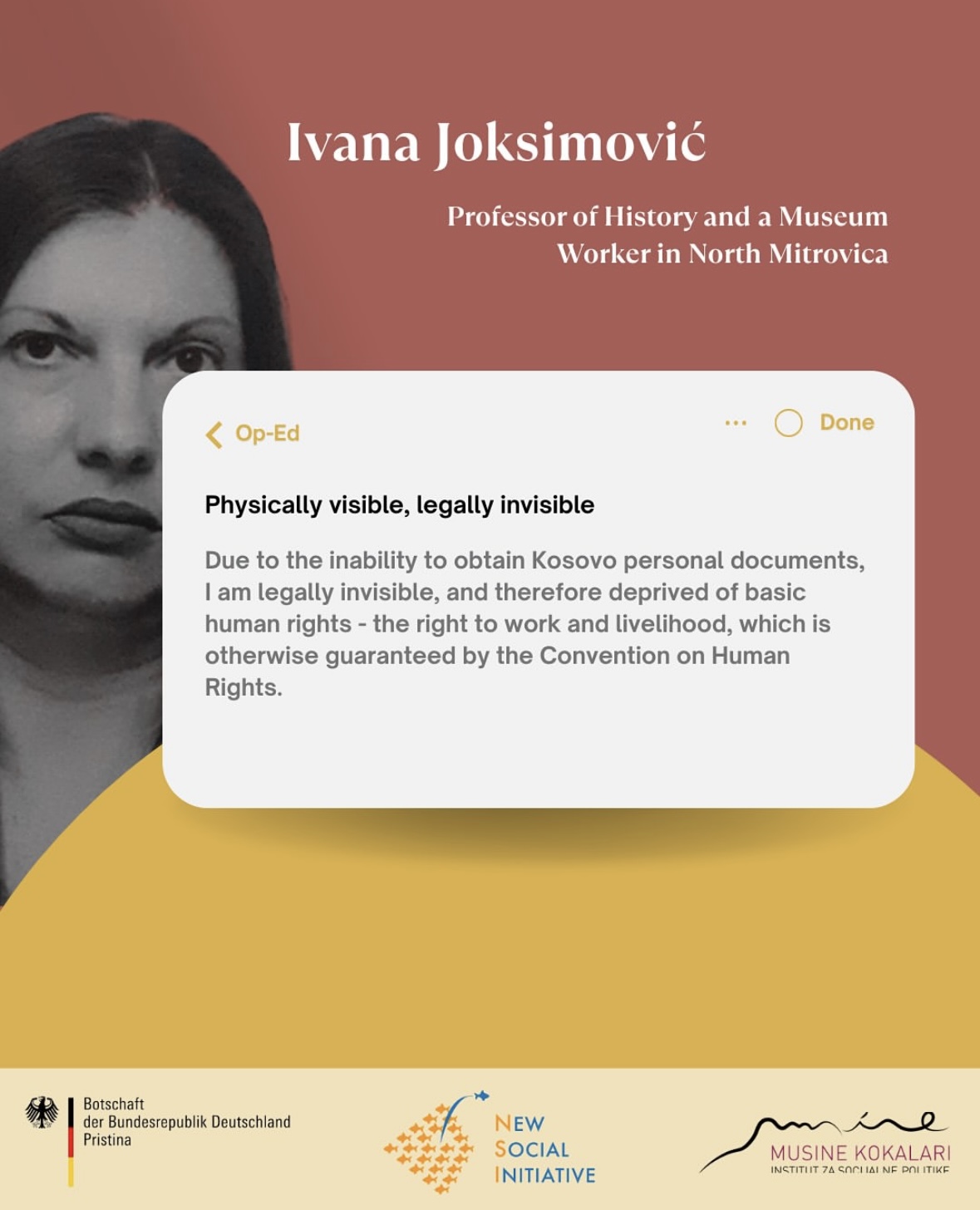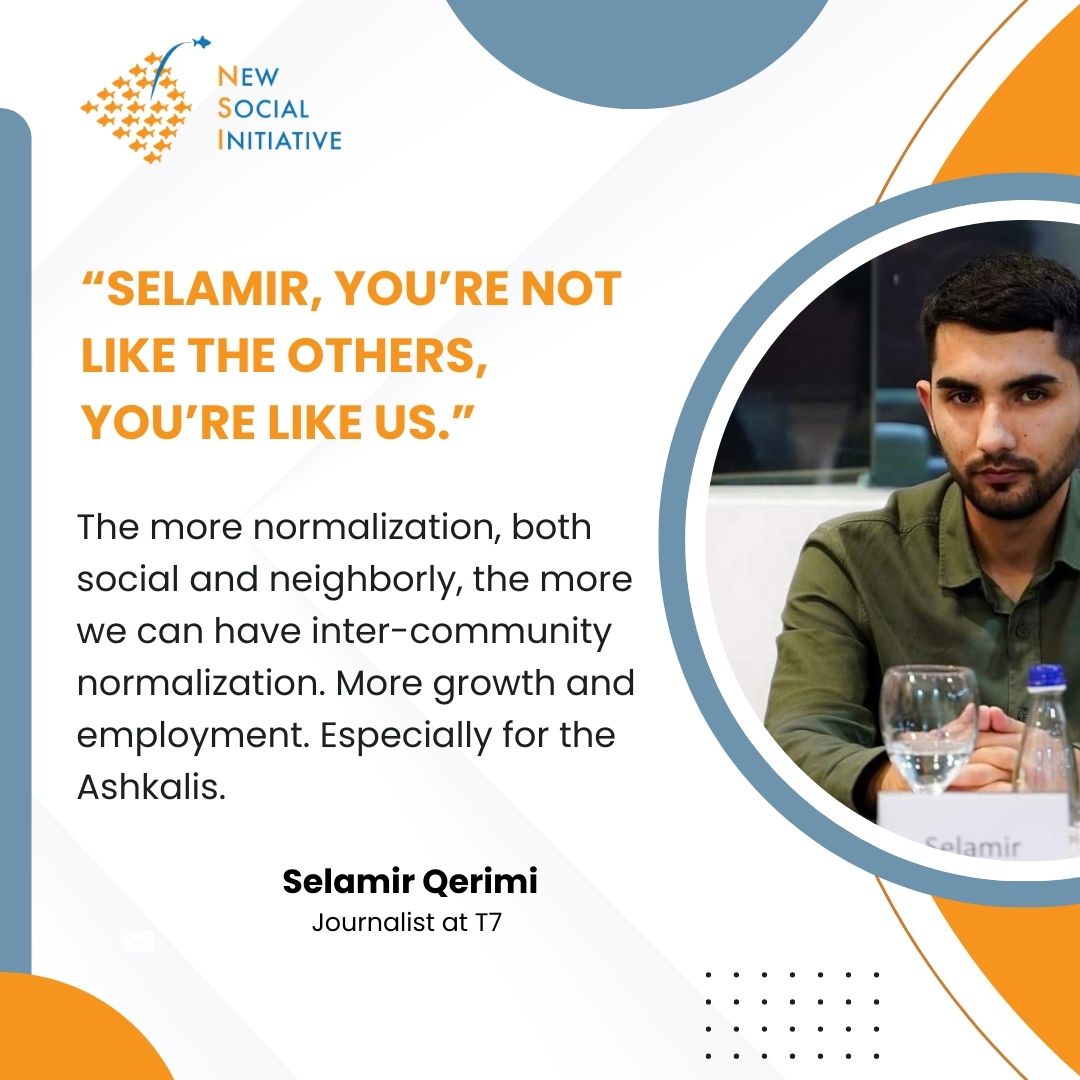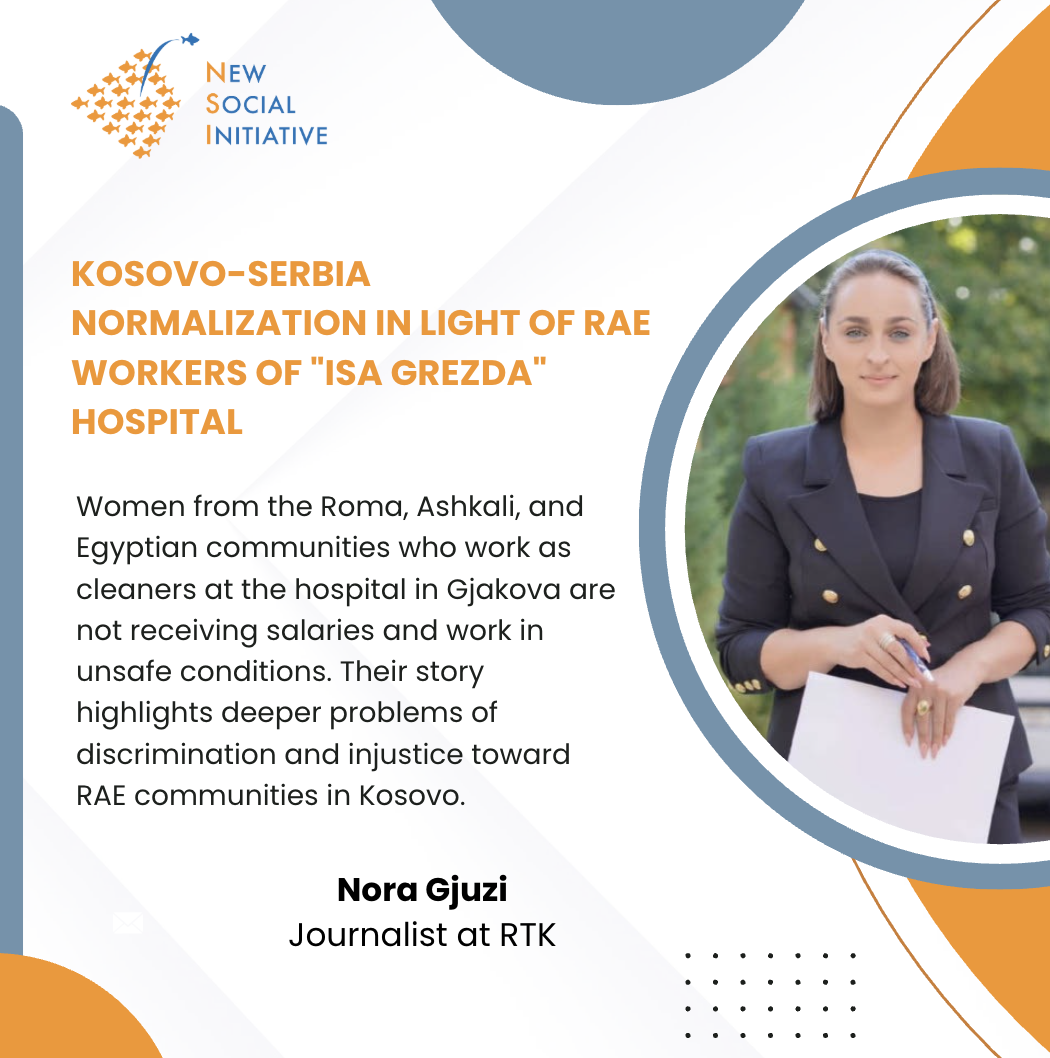When a ‘Structure’ Smothers an ‘Agency’ - a Case of Serbian Community in Kosovo
Dialogue, understood as a tool for overcoming problems between the sides, has been present in the relations between Serbia and Kosovo for a good many years. The ongoing format – negotiations facilitated by the European Union (2011-) was preceded by less successful ‘Vienna Negotiations’ (2005-2007) and the Rambouillet Negotiations (1999). As either direct or indirect outcomes of such talks, in the context of their (non-)successfulness, there followed changes in the factual situation on the ground. However, while the lion’s share of responsibility for the way the things turned out was borne by the ‘international community’ involved in the dialogue, and, to a limited extent, by the Serbian and Albanian representatives, the Kosovo Serb community was almost completely excluded; even when it did have a say as a matter of a principle, its impact on the final outcome was non-existent. In given sense, the institutional ‘structure’ overpowered the ‘agency’ of local actors.
Anyhow, the problem between ‘structure’ and ‘agency’ is inherent to the well-known debate within sociological studies. For example, in his work “The Rules of Sociological Method” (1895), French sociologist Émile Durkheim defines ‘social facts’, the basis of the structure, as “any way of acting, whether fixed or not, capable of exerting over the individual an external constraint”.[1] On the other hand, in his work “The Constitution of Society” (1984), Anthony Giddens made a point that ‘agency’ concerns “events of which an individual is the perpetrator, in the sense that the individual could, at any phase in a given sequence of conduct, have acted differently”.[2] By simplifying the above definitions in the context of our case study, ‘structure’ will be understood through institutional arrangements, imposed or negotiated without having involved/actively consulted the Kosovo Serb community, thus effectively depriving it of an ‘agency’, that is, a possibility/ability of independent or autonomous decision-making.
Yet, having in mind that, in practice, there is no ideal-type model of dominance of ‘structure’ or ‘agency’, many authors agree that the most often case is an interconnectivity relation between those variables whereby ‘structure’, to a greater or lesser extent, limits ‘agency’ of groups or individuals. In view of this, as illustrated in the following section, ‘agency’ of the Serbian community in Kosovo got gradually denied by ‘tightening’ of the structural hoop over the years.
Anyway, upon the end of the armed conflict in Kosovo (1999), an ‘interim international administration’ was established over the territory, which triggered disgruntlement among the members of both Serbian and Albanian communities. United Nations Security Council Resolution 1244 formally guarantees the territorial integrity and sovereignty of the Federal Republic of Yugoslavia over Kosovo; however, in practice, the Serbian government lost any real control on the ground.[3] Further, this ‘interim international administration’ did facilitate substantial self-government for the Albanian community but without clearly defining the path to the final status of Kosovo – one that the Albanian population only accepted in the form of independence.
Soon enough, this perception was also endorsed by ‘international community’, justifying such decision by invoking the principle of ‘self-determination’. To this end, in its Article 1, the International Covenant on Civil and Political Rights stipulates that “By virtue of that right [peoples] freely determine their political status…”.[4]
The same approach was incorporated in the context of the ‘Vienna Negotiations’ which produced the ‘Ahtisaari Plan’.[5] Although it was not accepted by either the official Belgrade or the Kosovo Serbs, ‘international community’ supported Kosovo in its unilateral declaring of independence (2008). In addition, the ‘Ahtisaari Plan’ as a template of the institutional setup of a new state did contain certain provision in the context of a special status of the Serbian community in Kosovo; however, in essence, its arrangement was not endorsed by the local population and this, in a way, reflected the ‘double standards’ policy – the perception being that the principle of self-determination does not apply to Kosovo Serbs. As a result, an institutional ‘structure’ was imposed onto the members of the Serbian community who had no choice but to adapt to it, while also being denied ‘agency’, and left with their vision of a solution disregarded in the course of implementing a previously prepared plan.
The continuity of such approach was kept even after the ‘transfer’ of negotiations into the framework of the European Union. Unlike the Vienna Negotiations when ‘structure’ was imposed by the ‘international community’ and implemented by the Pristina authorities, this time the official Belgrade was in charge of an almost absolute subduing of Kosovo Serbs’ ‘agency’, thus reducing this community’s capacity of autonomous decision-making to a minimum, and transforming it into a mere passive recipient of decisions agreed at the level of the Dialogue.
A glaring example of this practice is the integration of the Serbian community in the north into the Kosovo system, including their participation in the local elections, as a result of The First Agreement on the Principles Governing the Normalization of Relations, that is, the so-called Brussels Agreement.[6] Touted by Dialogue facilitators as a symbol of success, cooperation and normalization between the sides, the Agreement was implemented on the ground by means of extremely undemocratic methods. By their turning a blind eye to the denied ‘agency’ of Kosovo Serbs and accepting ‘complicity role’ in this enterprise, international stakeholders involved in the Dialogue enabled the Belgrade authorities to establish an autocratic, mono-party system in the Serbian areas, as a concession for the latter’s zealous implementation of the agreements under the Dialogue, thus marking the beginning of the terminal stage of smothering ‘agency’ of the Kosovo Serbs.
The ongoing ‘permanent crisis’ in northern Kosovo triggered the dismantling of some previously established ‘structures’, formally liberating ‘agency’ of the Serbian community. Yet, the intensity of suppression of autonomous decision-making, or rather, of ability to influence decisions affecting the community, in the above-described ways, effectively paralyzed the community, as reflected through a collective feeling of resignation, and manifested through overall passivity and apathy. Reduced to the role of a mere recipient of ‘structural’ fluctuations at higher levels of decision-making, Kosovo Serbs atrophied as an autonomous subject, or as a set of autonomous subjects.
As a result, passivity transformed into a desire to emigrate. Together with the Kosovo Serbs, whose numbers are irreversibly plummeting during the described period, there also fades away Kosovo’s multiethnic character. If there is a will to stop this trend, the Serbian community must be enabled to decide on its own destiny, because, in essence, the desire to emigrate is the desire to have ‘agency’. Even if these fetters at some future point in time are fully removed, it will take a long time for the community to become active again. But, for a community that is shrinking on a daily basis, there is not much time left.
[1] Émile Durkheim, The Rules of Sociological Method, trans. W. D. Halls (New York: Free Press, 1982), 50.
[2] Anthony Giddens, The Constitution of Society: Outline of the Theory of Structuration (Berkeley, University of California Press, 1984), 9.
[3] United Nations Security Council, Resolution 1244 (1999), S/RES/1244, adopted June 10, 1999, https://undocs.org/S/RES/1244(1999)
[4] International Covenant on Civil and Political Rights: United Nations, “International Covenant on Civil and Political Rights,” 16 December 1966, https://www.ohchr.org/en/instruments-mechanisms/international-human-rights-instruments/international-covenant-civil-and-political-rights
[5] United Nations, Comprehensive Proposal for the Kosovo Status Settlement, S/2007/168/Add.1, submitted by Martti Ahtisaari, March 26, 2007, https://undocs.org/S/2007/168/Add.1
[6] European Union, First Agreement of Principles Governing the Normalisation of Relations, April 19, 2013, https://eeas.europa.eu/sites/default/files/brussels_agreement.pdf










